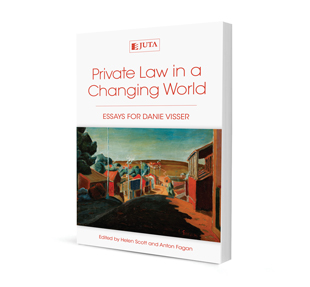
What is unjust about theft?
Authors M Bryan
ISSN: 1996-2088
Affiliations: Emeritus Professor of Law, University of Melbourne
Source: Acta Juridica, 2019, p. 347 – 370
Abstract
The principles governing the restitution of stolen property ought to be straightforward in any legal system, but in common-law systems it is surprisingly hard to state what these principles are. There are many reasons for the unsettled state of the law. The restitution of stolen property, or its value, lies on the indistinct boundary that separates restitution for unjust enrichment from restitution for wrongs. On the unjust enrichment side of the boundary, common lawyers have never clearly articulated the precise injustice that justifies the claim to restitution. They have also not identified the precise circumstances in which the thief, or later the receiver, is in law enriched. Furthermore, the historic division between common law and equitable property rights obstructs attempts to rationalise the restitutionary principles. Finally, disagreement between common-law jurisdictions as to whether proprietary claims can be brought to recover the proceeds of thefts not involving a breach of fiduciary duty also complicates the story. This paper proposes a scheme of restitution based on the absence of consent to taking rather than on the commission of the crime of theft. The scheme recognises that the unauthorised taking of property by fiduciaries, such as trustees and company directors, raises different considerations from those raised by thefts committed by non-fiduciaries.